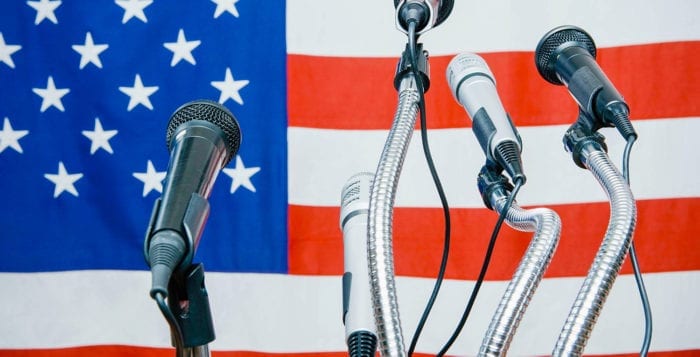Where people live, conflicts thrive.
It’s inevitable. Get two people in a room for long enough and, eventually, they will find elements about the other person that irritate them. It’s what drives people to watch some reality TV shows. Participants can’t stand each other, they call each other names and, before you know it, someone is screaming at someone else and the viewing audience at home is rubbernecking through the drama.
When it happens to other people, it’s entertainment. When it happens to us, it can hurt.
Why do we care what other people think? We know that some people will find fault with everyone — their mothers, siblings and bosses — making criticism inevitable and, ultimately, meaningless.
If someone stood on the side of the road and yelled “Duck!” often enough, pretty soon people would stop ducking, would stop looking for ducks, and, like so many other noises around them, wouldn’t hear the warning anymore.
And yet, when someone we know or even someone we’ve recently met indicates a disdain for us, scowls at our presence, or undermines our abilities, intelligence or effort, we feel cut to the quick. That person might just be repeating the same criticisms to us that he or she levies at everyone all the time.
It’s like a fortune cookie. We read something that says, “You need to think twice before taking advice.” Wow, we think, how incredibly insightful, even as we ignore the irony that we are taking advice from a small slip of paper crushed into a Pac-Man shaped cookie. Someone recently gave me advice that seems valuable, like quitting a job I hate, but maybe that person just wants to take my job or doesn’t want to hear me complaining. Maybe that advice doesn’t really apply to me after all.
The same holds true for insults, criticism and nastiness. It could apply to us or it could just be fortune cookie nastiness, conjured up by someone who may not enjoy the life he or she leads, trying to make everyone as miserable as them.
Insults are ubiquitous. Much of the time, however, the insult is an opinion, not a fact. There are times when an admonishment such as “You weren’t driving well” is accurate, particularly if you were driving the wrong way on a one-way street.
We don’t immediately imagine the person doing the insulting might be sharing an opinion about us that we would almost instantly dismiss if it were about our spouse, our children, our parents or our close friends. We think, “Maybe I am terrible at this,” or “Maybe I should be embarrassed.”
People make puppets, write stories about fictional characters, draw cartoons and imaginary figures because they want to control something.
But just because they want control doesn’t mean you have to give it to them. Even assuming someone doesn’t like you, your appearance or your ideas, so what? Our preferences are so subjective that we can’t or shouldn’t try to please everyone.
We don’t have to play those reindeer games. We can disagree and express our opinions without attacking someone else. We follow whatever rules we set for ourselves and don’t need to fight fire with fire, hit back 10 times harder or show that we mean business. We can be more graceful than our detractors.
When someone attacks us, we don’t have to act as if we’re wearing a target. We can look at that person, put a slow smile on our face and say, “It’s too bad you feel that way. Maybe a good fortune cookie would cheer you up?”





